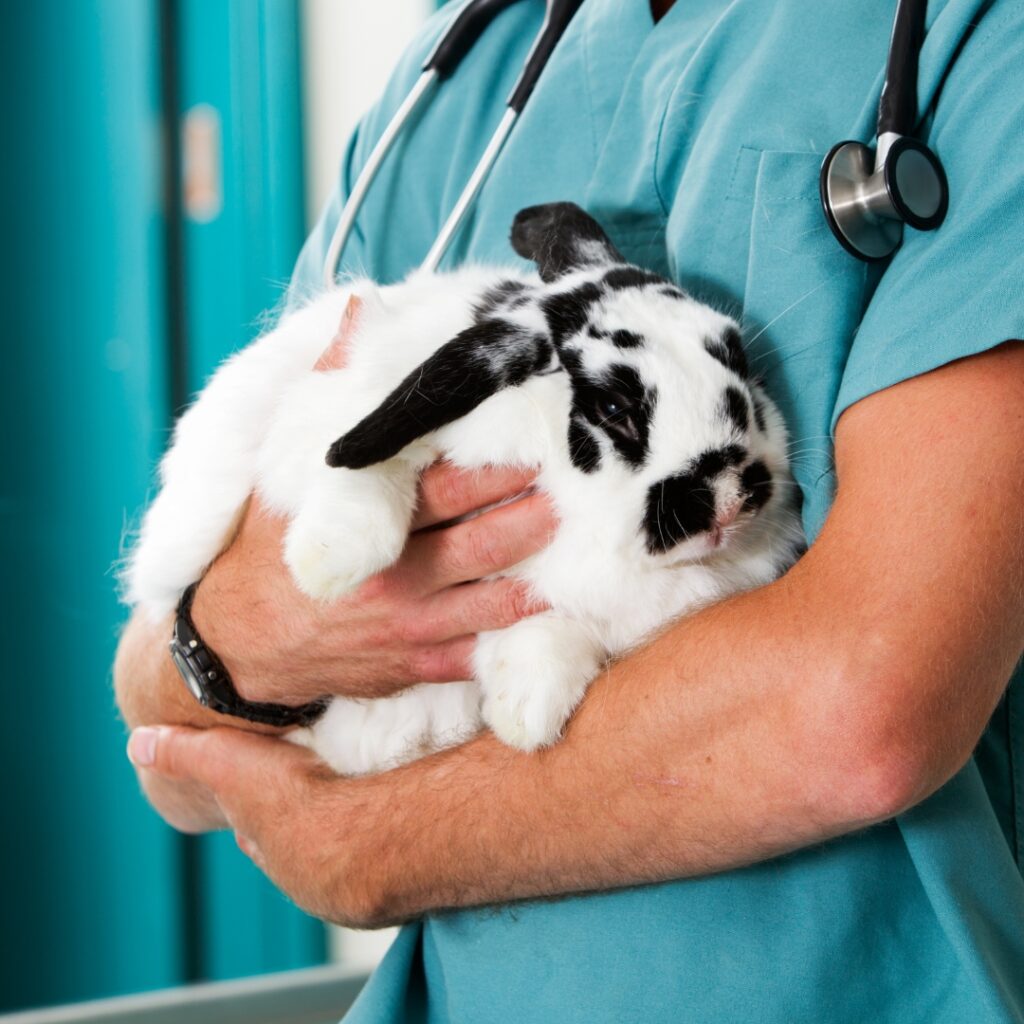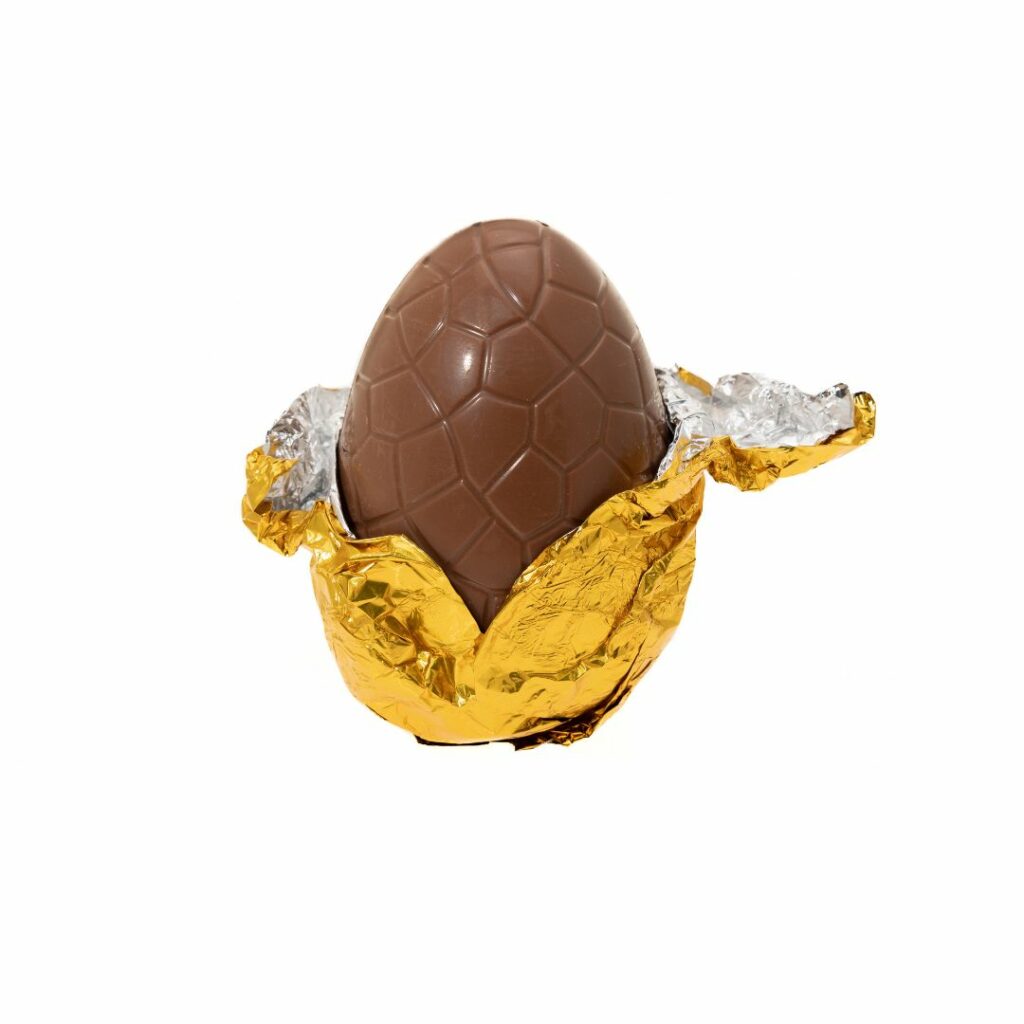Meet Kevin! Beautiful Golden Retriever Kevin was a very hungry boy and decided to eat TWO PACKS of the popular rat bait ‘Ratsak’.
Kevin’s owners brought him straight to AREC after noticing he was becoming lethargic and was off his food, he also had a mild nosebleed. A blood test confirmed he was suffering from rodenticide toxicity from ingestion of rat bait – which can be fatal. He received around the clock monitoring to ensure he did not develop internal bleeding, and was treated with vitamin K – which is the antidote for rodenticide toxicity.
Thankfully, Kevin responded well to his treatment in hospital after two days and was discharged home. Kevin will have ongoing monitoring with his regular veterinarian prior to completing his course of vitamin K.
Kevin was a great patient and received a lot of cuddles whilst in hospital. He is a very lucky boy and we hope that he stays away from further trouble in the future.
The most common rat baits acts as an anticoagulant (preventing blood from clotting) that can cause lethal clotting deficiencies. It works by depleting the body’s Vitamin K which is important in the production of essential clotting factors. The depletion of the Vitamin K storage can take 1-5 days depending on the type of rat bait ingested. Ratsak has the ingredient Brodifacoum and clinical signs usually presents within 2 days of ingestion.
What to do if you Suspect Your dog has Eaten Rat bait?
“If you see your pet eating rat bait it is important to bring them straight to the vet or call AREC for advice immediately. Bring the box of the rat bait if you can so we can confirm the active ingredient. If you have not seen your pet ingest rat bait but notice signs that may relate to ingestion, we also advise you to seek veterinary attention immediately.”
Common Signs of Rat bait Ingestion
Signs of intoxication are associated with bleeding and can range from very subtle signs such as pin point haemorrhages on the gums to frank bleeding from anywhere.
- pale gums or small pin point haemorrhages on the gums
- lethargy
- bruising under the skin
- blood in the urine or faeces
- bleeding from the nose
- continued bleeding from small wounds or cuts
- Abdominal distension (From bleeding into the abdominal cavity)
- coughing or respiratory difficulties (laboured or rapid breathing from bleeding into the chest cavity)
- lameness/swelling of joints
- seizures or muscle tremors
Treatment
Treatment depends on when ingestion occurred and the type of rat bait ingested.
If ingestion occurred within 6 hours of presenting to your veterinarian, vomiting is induced. It is then recommended to have the clotting factors checked 2-3 days later to see if the body absorbed any rat bait resulting in clotting deficiency. If the test is then abnormal Vitamin K treatment will then be started.
If your pet presents with active signs of bleeding following rat bait ingestion, treatment includes hospitalisation, bloods taken for clotting tests, vitamin K treatment and ongoing monitoring for active bleeding. In severe cases blood transfusions or plasma transfusion may be required and left untreated rat bait ingestion can be fatal.
Anticoagulant rodenticide is the most common type of rat bait used, but there are also different types of rat bait out there which can cause different side effects and require different treatments. It is therefore important to identify the type used so we can treat your animal effectively. Less commonly used rat baits includes cholecalciferol, bromethalin, zinc phosphide and strychnine.
If you suspect your pet has ingested any type of rat bait, your pet needs to see a veterinarian immediately.






